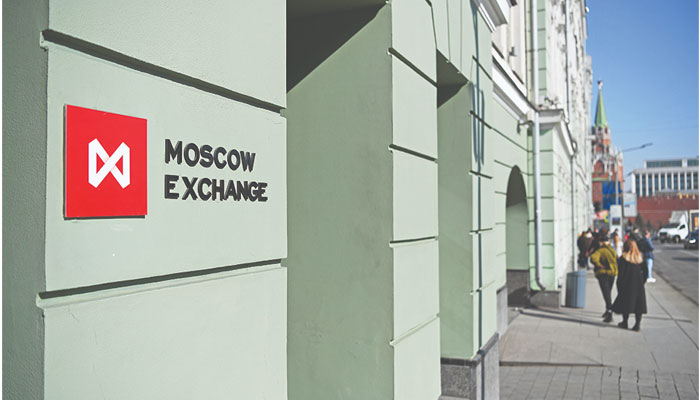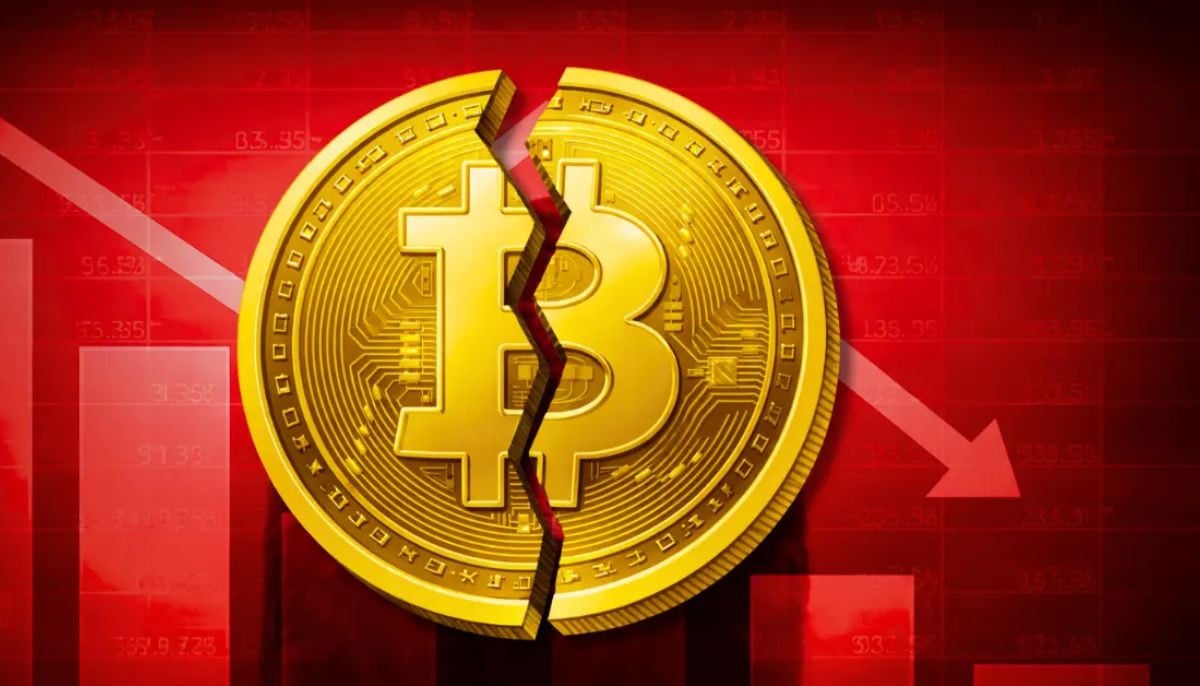Russian ruble drops to 17-month low
Data from the Moscow Exchange showed ruble trading at 100.73 to dollar at 10:05 am
The Russian ruble slid past 100 against the US dollar on Monday, its lowest level since March 23, 2022 — shortly after Moscow launched its military operation in Ukraine.
Data from the Moscow Exchange showed the ruble trading at 100.73 to the dollar at 10:05 am (0705 GMT), AFP reported.
President Vladimir Putin's economic advisor, Maxim Oreshkin, attributed the swift devaluation to lax monetary policy, bringing the trade rate close to a 17-month low.
Since the beginning of the year, the ruble has fallen by about 30% in value against the US dollar. The Bank of Russia has attributed the declining current account surplus in Russia — which decreased by 85% year-over-year from January to July — to the country's declining trade balance.
Oreshkin told Tass news agency that the depreciation would normalise in the near future, CNBC reported.
"A weak ruble complicates the restructuring of the economy and negatively affects the real incomes of the population. In the interests of the Russian economy — a strong ruble,” he said, according to a Google translation.
Russia is attempting to radically alter its economy in response to growing isolation and costly Western sanctions, which are fanning fears of rising inflation.
The central bank on Thursday banned foreign currency purchases for the remainder of the year in an effort to support the ruble.
Following a 1.8% decline in the first quarter, new data from the Federal State Statistics Service on Friday showed that the Russian GDP increased more than expected in the second quarter, increasing by 4.9% year over year.
However, the limited economic slack, according to William Jackson, chief emerging markets economist at Capital Economics, is likely to increase inflationary pressures and cause monetary policy tightening, which could potentially hamper GDP through the rest of the year and into 2024.
“Perhaps the key risk to the economy is if the government keeps fiscal policy loose to support the war effort, which would cause Russia’s economic vulnerabilities to worsen further,” Jackson added.
-
Will Warner Bros finalize deal with Paramount or stays loyal with Netflix's offer?
-
$44 billion Bitcoin blunder: Bithumb exchange apologizes for accidental payout
-
Global memory chip crunch puts spotlight on Apple; Will iPhone become more pricey?
-
Bitcoin plummets toward $60,000 as investors dump risky bets
-
Bitcoin crashes below $63K as regulatory pressure and market fears grow
-
Bitwise Crypto Industry innovators ETF: What investors should do in 2026?
-
Nintendo shares slide again as momentum fears grow
-
Gold, silver prices fallen sharply; What’s driving the drop?












